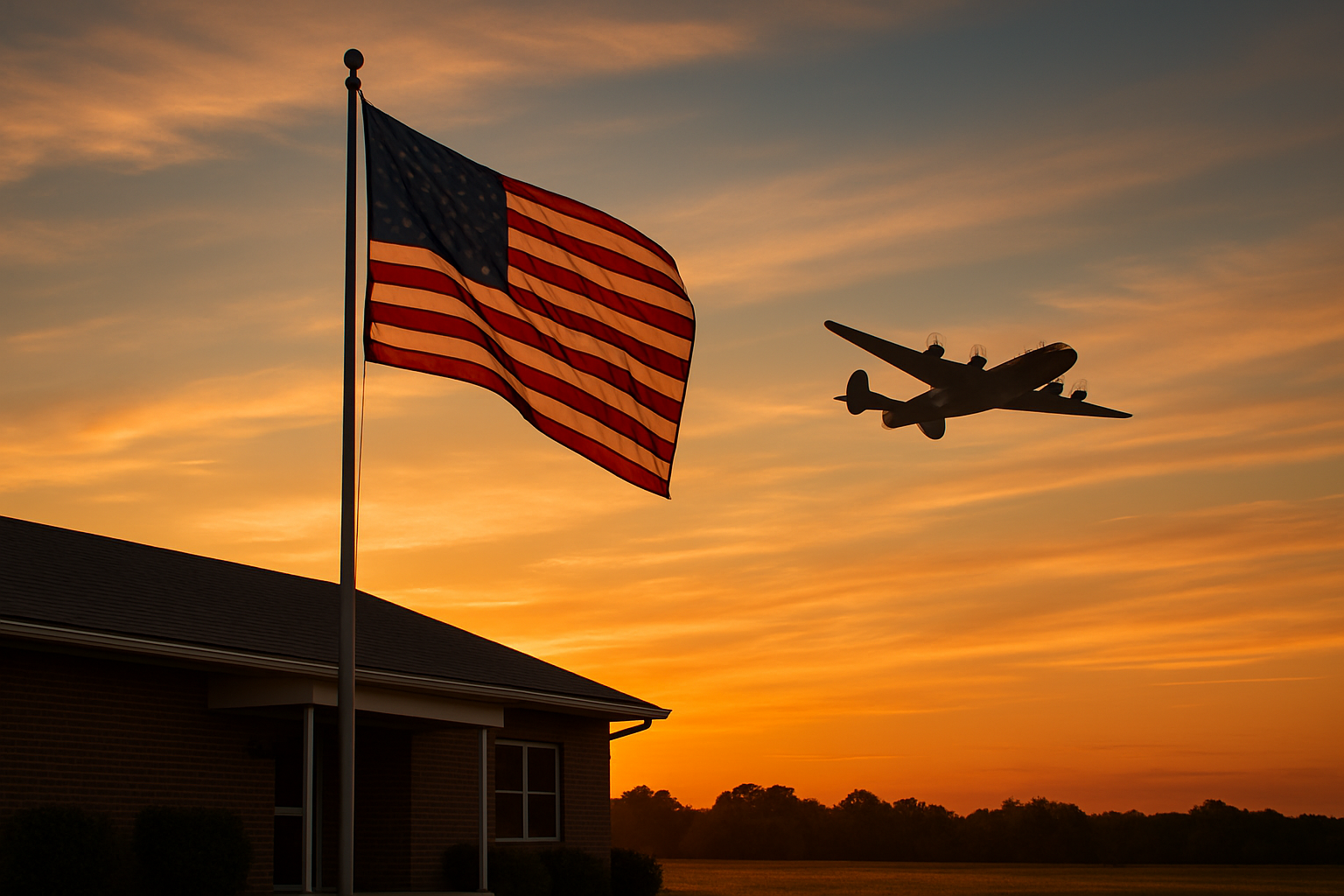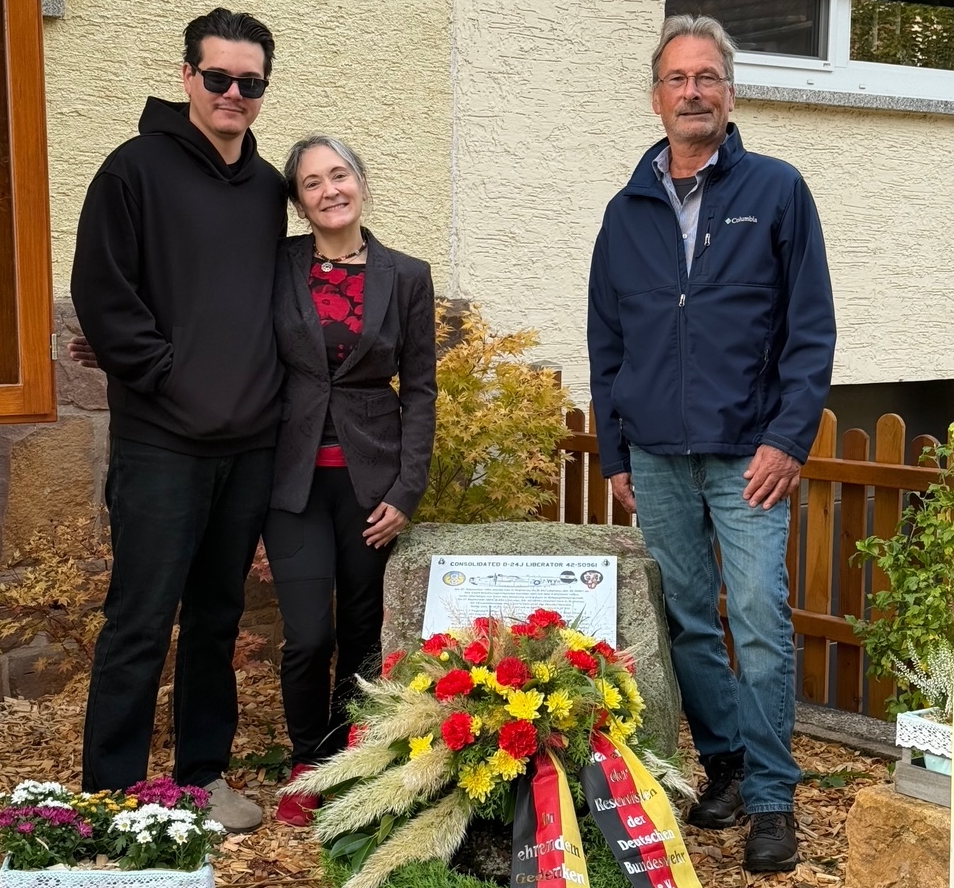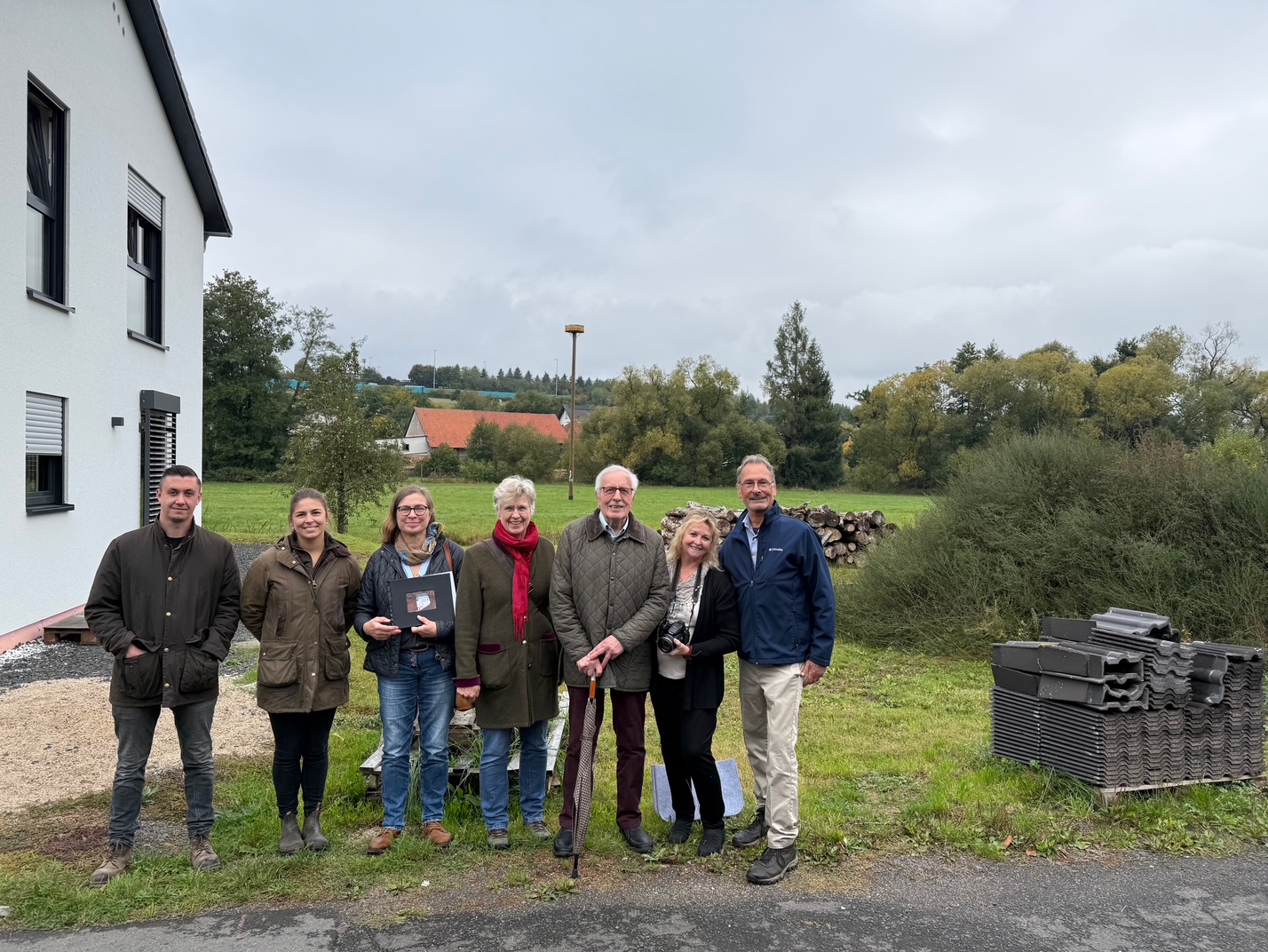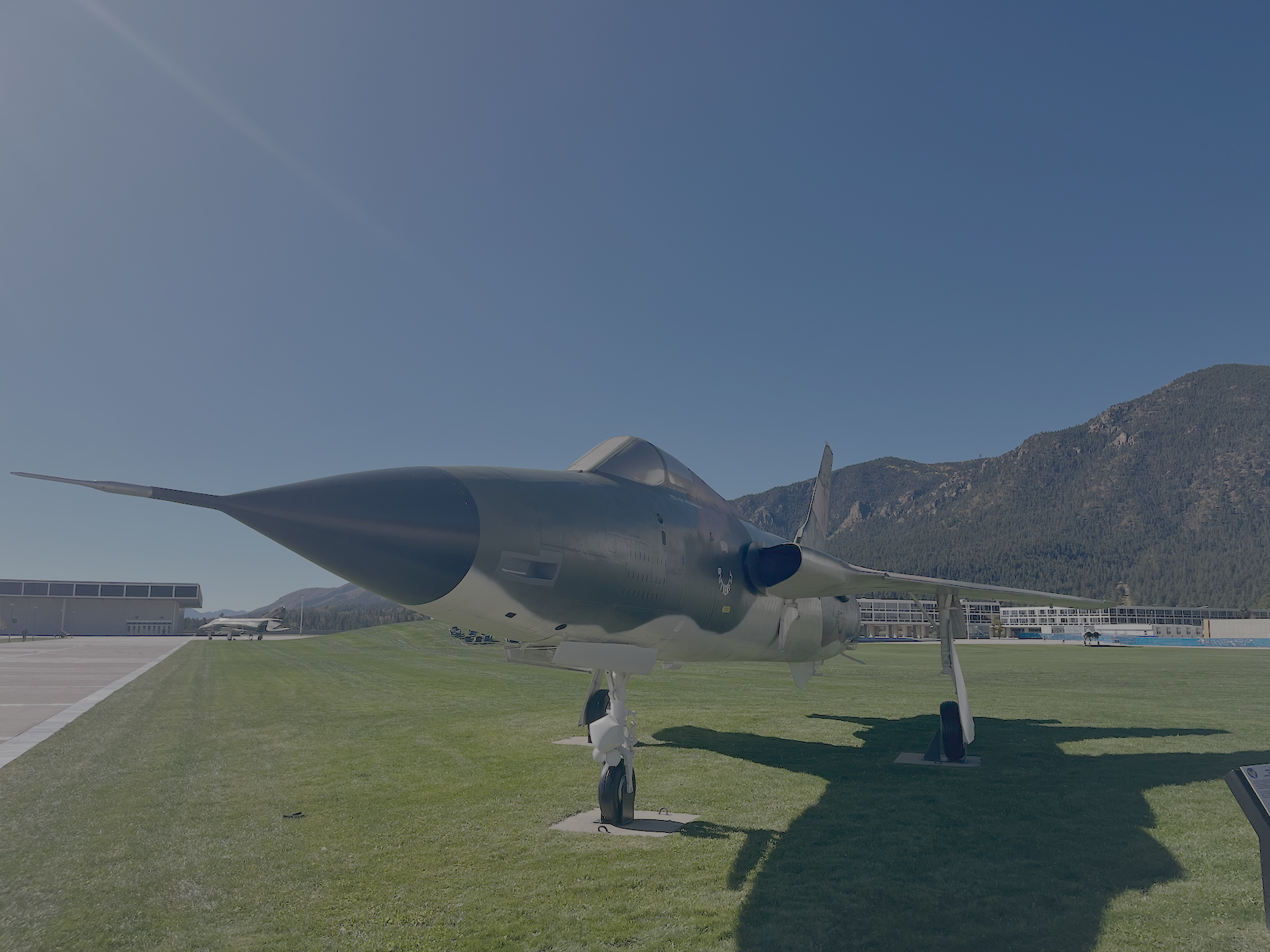Mission to Kassel - September 27, 1944 - 0230: Wake Up Call

To honor the 75th anniversary of the Kassel Mission, we take a look at what occurred on the Kassel Mission in detail over the next few weeks.
0230: Wake Up Call
Most accounts agree that the CQ “Charge of Quarters” woke the boys up for the mission exceptionally early the morning of Wednesday, September 27. 445th BG historian Mike Simpson explains. “[T]hat was usually an NCO (Corporal or a Sergeant) who would man the squadron headquarters’ building at night to answer the phone and that sort of thing (a member of the ground staff). One of his duties would be to wake up the crews that were to fly the next day in his squadron. There would be four CQ’s [one for each squadron] who would make the rounds in the dark. Once he woke them up, it was their [the crews’] responsibility to get going, eat breakfast and make it to the briefing before they locked the doors.” Zero hour (take-off) would be at 0800.
General Briefing for this mission was probably at 3:30 a.m., an hour earlier than usual, although some say it was at 0500. Lead crews had briefing an hour before that. Bombardier Malcolm MacGregor recalled they were awakened at midnight or 1 a.m.

Luc Dewez, in his book, “Cruel Sky,” tells what happened for some of the others who would go on this morning’s mission:
The night was still young when a Jeep came to a screeching halt in front of a Nissen hut barracks. 2Lt. Leo P, Pouliot heard the door creaking lightly and shuffling footsteps in the dark around 2Lt. George Noorigian's bed. After turning on the lights, the "Gremlin”, as Pouliot called the Operations Clerk, came back to shake the pilot, 1Lt. Jackson C. Mercer, announcing, "'briefing at 4:30. " Then he left the hut, got in his Jeep and drove on to wake up another crew. Instead of getting up immediately, the copilot covered his head with the blankets for a last luxurious minute in the sack, all the time shivering at the thought of getting up in the cold. Finally he could put it off no longer. As usual, the pilot was the first out, Pouliot next, then the bombardier and finally the boy who was born to sleep, navigator 2Lt. Milton H. Fandler.
2Lt. Peter S. Belitsos rolled over to go back to sleep when he saw that the operation clerk did not wake his pilot, 1Lt. Edward J. Speers. Instead, Belitsos was shaken and told that he was flying with 2Lt. Palmer M. Bruland. S/Sgt. Charles A. Huddleston, a former ball turret gunner, was an orphan. His regular pilot and copilot had finished their tours. He was left behind because he had been in the hospital with a perforated eardrum . While there, the balance of his crew ditched in the North Sea, resulting in the loss of all his noncom fiends. For his 25th mission, he would board #584-D and take over the right waist gun position. This was his first meeting with the pilot, 2Lt. Palmer M. Bruland, and crew.
Herbert W. Schwartz (Tail gunner, French crew): Awakened at 2:30 a.m. for a 3:30 briefing and a 6:15 takeoff.
Robert Tims (navigator, French crew): I awakened, a flashlight shining in my eyes and someone shaking me. “Wake up, sir! You’re flying today. Briefing at three o’clock – it’s 0215 now. Fresh eggs for breakfast!”
I mumbled a thanks. I knew it was Sgt. Kelly from the squadron; he was always kind enough to palliate the dread of rising in the cold and facing a mission by cheering us with the news of fresh eggs. He had turned to the opposite bunks to shake French and Cockran. They were already awake.
“What’s the bomb load, Sarge?” was French’s first question. “I’m not sure, Sir, but probably 500-pound demos,” he answered, while he checked us off his list.
“How much gas we carrying?” Cochran asked while he squinted and adjusted his eyes to the light.
“I believe it’s 2500.”
Sgt. Kelly left through our back door, after calling out the briefing time again. I could hear the top bunk groaning under Cochran’s short but stout frame. He and French were dressing under the blankets, as was their custom, while I was almost succumbing to the temptation to go back to sleep. The bed seduced me with its warmth when I thought of the cold hut. Then suddenly I remembered that this mission was to be an “occasion”. [Note: It was the crew’s final mission.]
…we finally switched off the light and stumbled into the English blackout. Someone called, “Good Luck, fellows. See you this afternoon.
Web Uebelhoer (pilot, deputy lead ship, lead 700th squadron): I don't know how I was told, but I was aware, and God, I'm sure that a young man - as an old man, I couldn't possibly take it, because all those engines had to be worked on and warmed up, and you could hear the jeep come down through the living areas, and "Uebelhoer, you're up!" "Okay, I'm up and I'll get the crew." But constant fear.
George Collar: About 3 o’clock in the morning, there was a jeep that the guy who woke the crews up used. [quartermaster] He was a sergeant from the 702nd Squadron headquarters; he had a jeep and it had a squeaky brake. In the middle of the night you’d be sleeping and all of a sudden you’d hear a jeep coming, you’d kind of get about halfway up, and you’d listen. If you didn’t hear any squeaky brake you knew you’re okay, you could go back to sleep. But if you heard a squeaky brake out in front, oh my God, he’s coming in our hut!
He’d come in and you’d just lay there hoping he wouldn’t come over to your bunk. Or he’d grab you and shake you, “Come on, Lieutenant, you’ve got to get up! You’re going on the mission.” And hey, he woke me up.
I said, “I’m not going. I’m going on a three-day pass.”
“No,” he said, “I’ve got your name here on the list. You’re going to take a guy’s place.”
I knew whose place it was. It was Lieutenant Aarvig on Schaen’s crew. Schaen and Aarvig and his co-pilot, Bobby McGough, and his navigator, Corman Bean, were all in our hut. Aarvig hadn’t come back from London on his three-day pass. So I’m taking his place.
I was mad. I didn’t want to go. I had my heart set on going to London. …[from Collar writing p 20]—If he [Aarvig] had returned, he would probably be alive today [1989]. (I heard later that he was killed on Thanksgiving Day 1944.) (from “Recollections of a Bombardier”)
John C Woodley (Bombardier, Hansen Crew): It all began at 0215 H. The C.Q. awakened us…briefing would be at 0500 H. Having two hours and forty-five minutes to spare, all hands went back to sleep. At 0445 H, Pearson rolled over and glanced at his watch. Our chance for breakfast was gone! …We reached the briefing room just in time to avoid being excluded. …Kassel wasn’t too far…we stood a good chance of getting back early for chow… (War diary)
Corman Bean (Navigator, Schaen Crew): But I think we always knew we were going to fly, so we were waiting for the wakeup call. Probably awake most of the time before the wakeup call. Usually two crews were living together, so he’d come in and if Miner’s crew was flying one day, he’d wake the Miner guys. If our crew was flying, he’d wake the Schaen guys.
Frank Bertram (Navigator, Miner Crew): The day of that mission, my crew was not supposed to fly. We were a radar crew, so we alternated with another crew… We had flown the day before… So it was a surprise when they asked us to fly the next day. We were looking forward to a little rest and recreation, to going into Norwich and raising a little hell. But fate intervened and here we are.
Bill Dewey (pilot): On September 27, 1944, the sergeant came around at 3 a.m. to wake the crew for the 4 a.m. briefing. Only pilots and co-pilots were in our hut, bombardiers and navigators shared huts with different crews. At that time, there were either four or six of us in our hut. I can’t remember. We got dressed and went to the mess hall. I had a piece of toast, a glass of juice and coffee—my usual fare for the days I would fly. In the dark, we went to the main briefing hall for a regular briefing.
Carrol Snidow and Maynard Jones (copilot and navigator, Hautman crew): As Carrol Snidow and Maynard “Jonesy” Jones walk to breakfast, Snidow notes that the morning is cool. “Fall is on its way. The two speculate that this mission must be to the “Big B,” Berlin, because briefing is so early. Others have already inferred from asking the CQ at wake-up what the fuel load is that they’ll be going deep into enemy territory today. This would be the crew’s 18th mission—over halfway to their 35.
To the detriment of morale, General Doolittle had once again upped the required number of missions for a tour of duty. It had begun unlimited in 42, until flight surgeons pleaded they set a limit so the boys had something to look forward to, so they set it to 25. That backfired when the 8th upped to 30 missions. Just last month, the missions were raised again to 35 for regular crews, and 30 for lead crews. Lead crews didn’t fly as often, however, which meant they might actually have to hang around the war for a longer period of time.
BREAKFAST
The officers and enlisted men ate separately. I believe the officers rode in a 6 x 6 to mess, while the enlisted men rode their bikes Men rode bikes of the English variety (with brakes on the handle bars, rather than the American coaster bikes) in the dark to the mess hall. Often, the men found themselves head over heels when they squeezed one handlebar brake and found only the front wheel would stop, where the back brake was controlled from the other. (See photo of Dewey navigator Hank Dobekfixing his bike). At breakfast, they may have been served fresheggs, although some accounts say they were powdered. Fresh eggs were a real treat.
Many men went to chapel at this time, where Father Quinlan gave communion.
Tims: “We arose from the table hurriedly, grabbin’ hats and jackets, and stuffing oranges in our pockets for future nervous nourishment. We mingled with the rest of the crowd going out and spoke several good mornings with a few more friendly baths. These greetings gave us an important human alliance to carry with us to the planes.
“Thus the prelude to war, breakfast and fraternity, has been ended. >From this moment on history loses these men their identity, for each one will become part of a crew, which is part of a squadron, which is part of a group, which is part of a wing, which is part of a division, which is part of the 8th Air Force, which will bomb Germany today.
Lieutenants Woodley (from the Hansen Crew) and Pearson (pilot), having failed to heed the call at 0215, oversleep and are almost shut out of the briefing.
© 2019 Linda Alice Dewey





